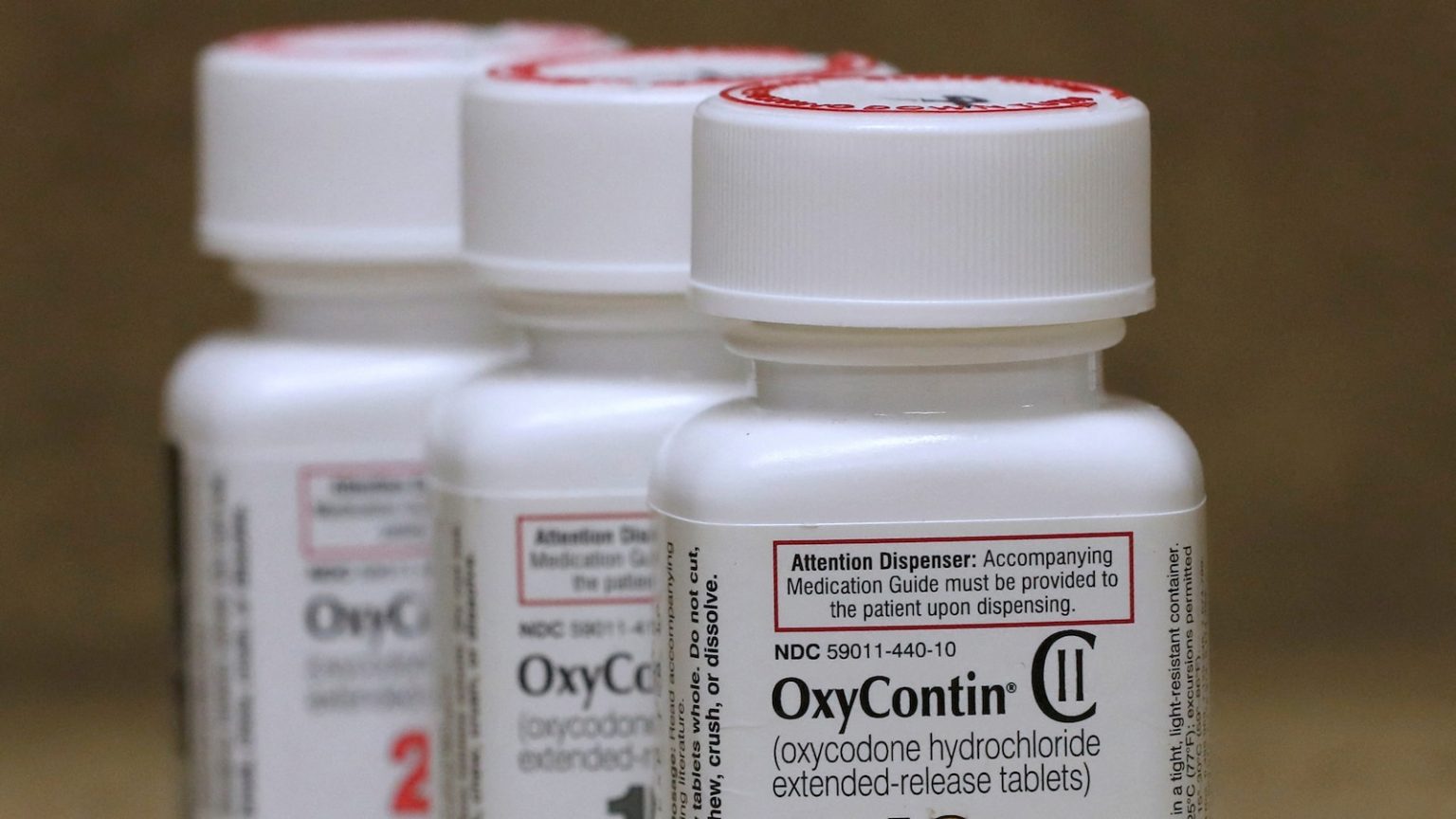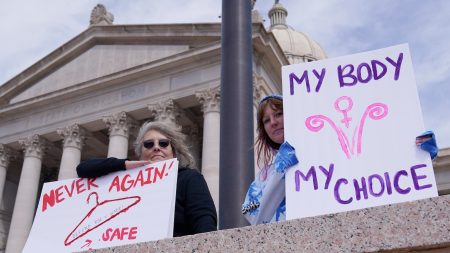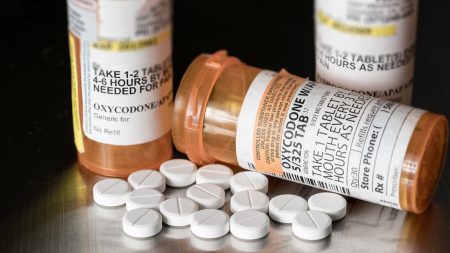The Sacklers and Purdue Pharma Reach a $7.4 Billion Settlement in Opioid Crisis
In a significant development in the ongoing opioid crisis, the Sackler family and Purdue Pharma, the company behind the controversial painkiller OxyContin, have agreed to increase their financial contribution to settle mass opioid litigation. The settlement, now valued at $7.4 billion, comes after the U.S. Supreme Court overturned a previous agreement in June 2024. If approved, the new plan will bring an end to what has been the most costly corporate bankruptcy tied to the opioid epidemic in the United States.
A History of Aggressive Marketing and Devastating Consequences
Purdue Pharma, controlled by the Sackler family, has been accused of inventing, manufacturing, and aggressively marketing opioid products for decades. The company introduced OxyContin, a brand name for oxycodone, in the 1990s, and its widespread promotion has been linked to waves of addiction and overdose deaths across the country. By the time Purdue filed for Chapter 11 bankruptcy in 2019, it had faced thousands of lawsuits from states and cities alleging that the company’s practices had fueled the opioid crisis.
New Settlement Terms and the End of Sackler Control
Under the updated settlement terms, the Sackler family will no longer have control over Purdue Pharma, marking a significant shift in the company’s leadership. The $7.4 billion settlement will be distributed over the next 15 years to states, counties, cities, and territories across the U.S. These funds will be used to support opioid addiction treatment, prevention, and recovery programs. Additionally, the Sacklers will no longer enjoy liability protection from future lawsuits, a condition they had previously insisted on.
A Victory for Accountability in the Opioid Crisis
The new settlement has been hailed as a major victory for accountability by state attorneys general and advocates for opioid crisis victims. New York Attorney General Letitia James, who played a key role in negotiating the agreement, criticized the Sackler family for prioritizing profits over the well-being of vulnerable patients. She emphasized that while no amount of money can fully undo the damage caused by the opioid epidemic, the influx of funds will provide much-needed resources to communities affected by the crisis.
The Path Forward for Purdue Pharma
As part of the settlement, Purdue Pharma will exit bankruptcy under new terms. A board of trustees, selected by participating states in consultation with other creditors, will oversee the company’s future operations. Purdue will also be subject to monitoring and will be prohibited from lobbying or marketing opioids. Connecticut Attorney General William Tong described the settlement as a triumph of justice, stating that the Sacklers and Purdue Pharma are being held accountable for their role in one of the most devastating public health crises in American history.
Reactions and Reflections on the Settlement
Purdue Pharma expressed relief and optimism about the new agreement, stating that it will deliver billions of dollars to compensate victims, address the opioid crisis, and provide life-saving treatments. However, the settlement has also sparked mixed reactions, with some critics arguing that the Sacklers should face greater personal accountability for their actions. As the opioid crisis continues to affect communities nationwide, the settlement represents a step toward healing and recovery, though the scars of the epidemic will likely remain for years to come.















